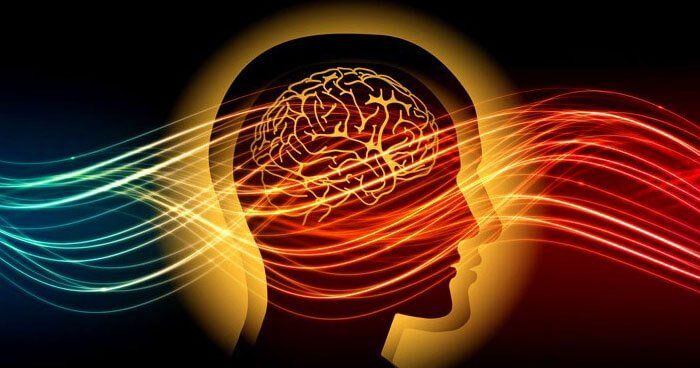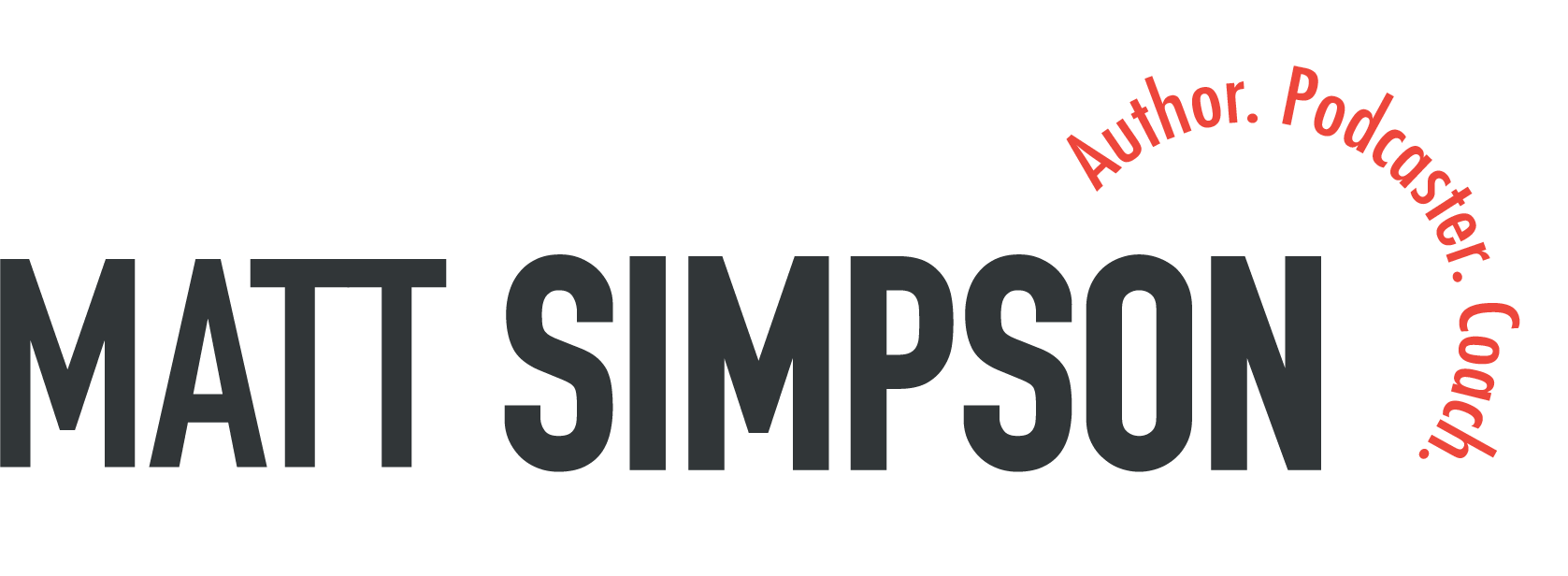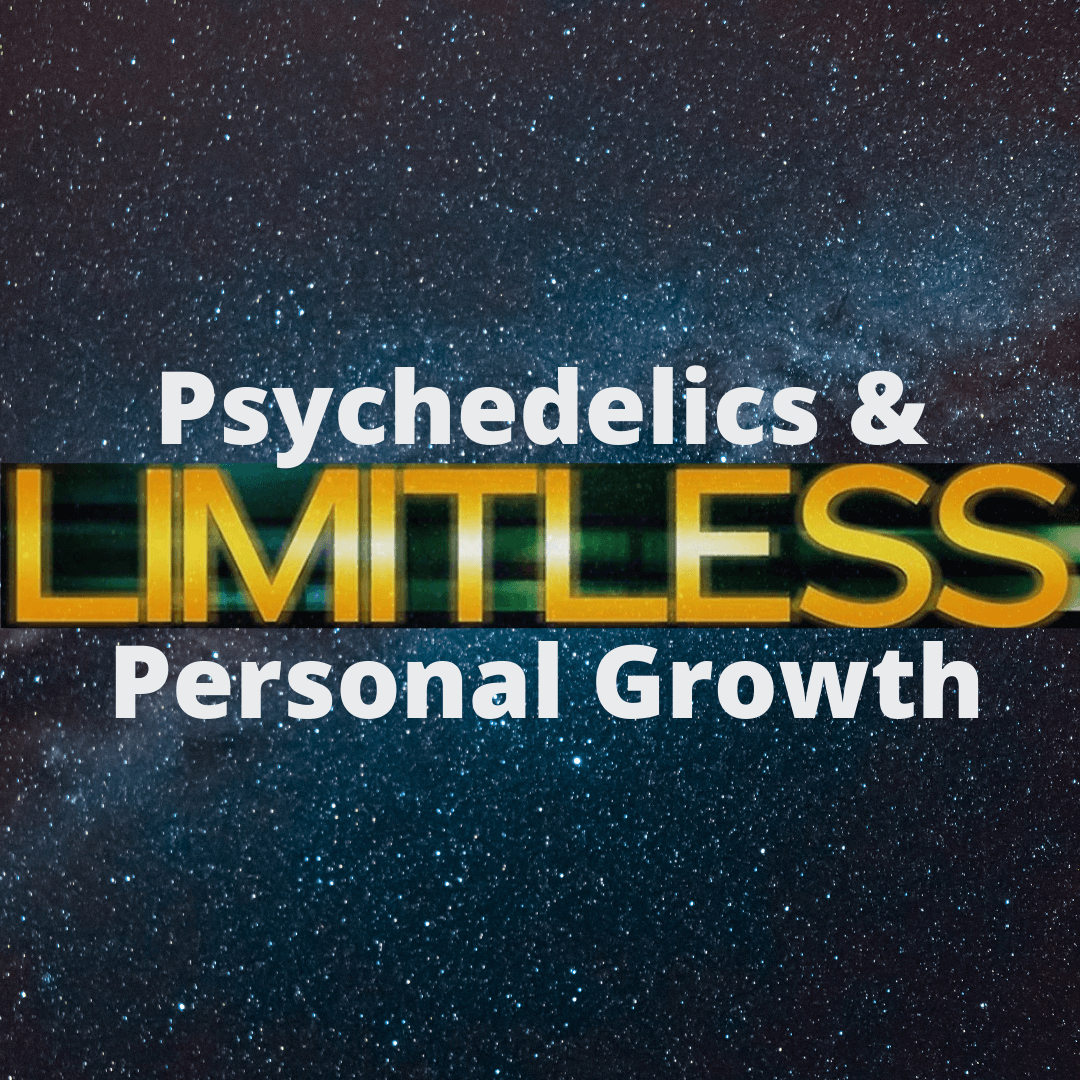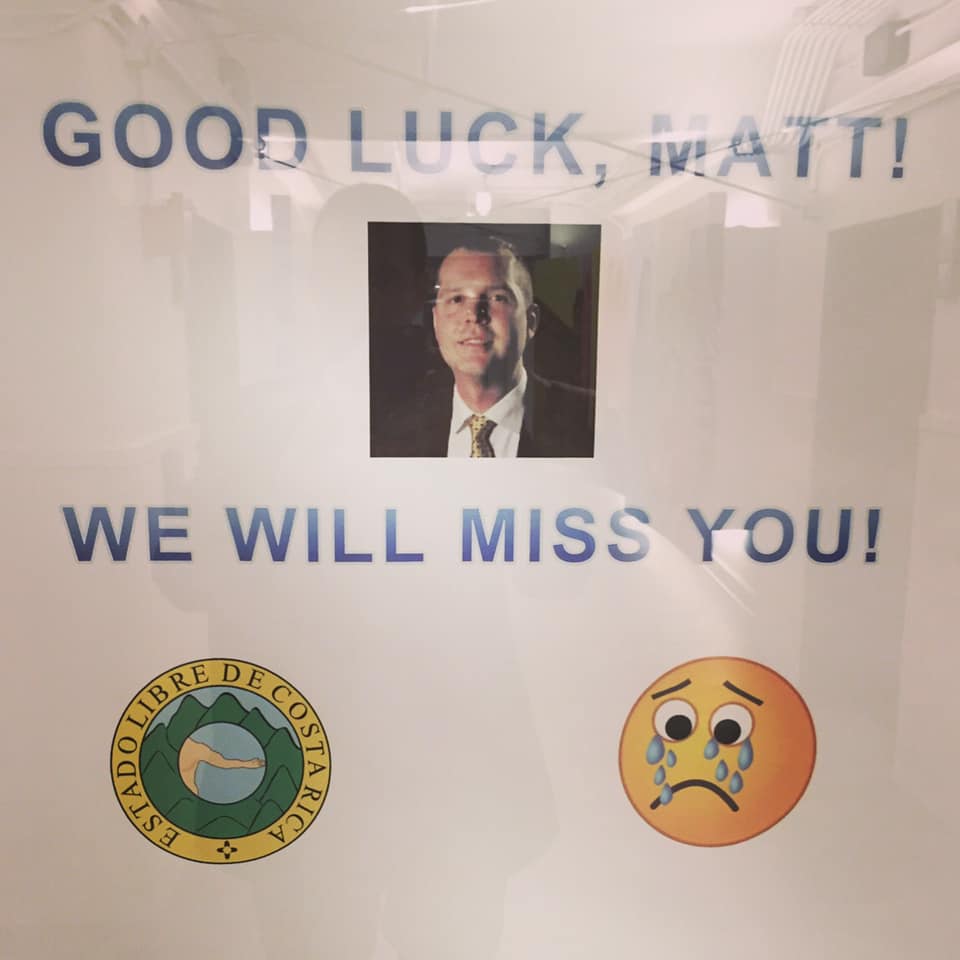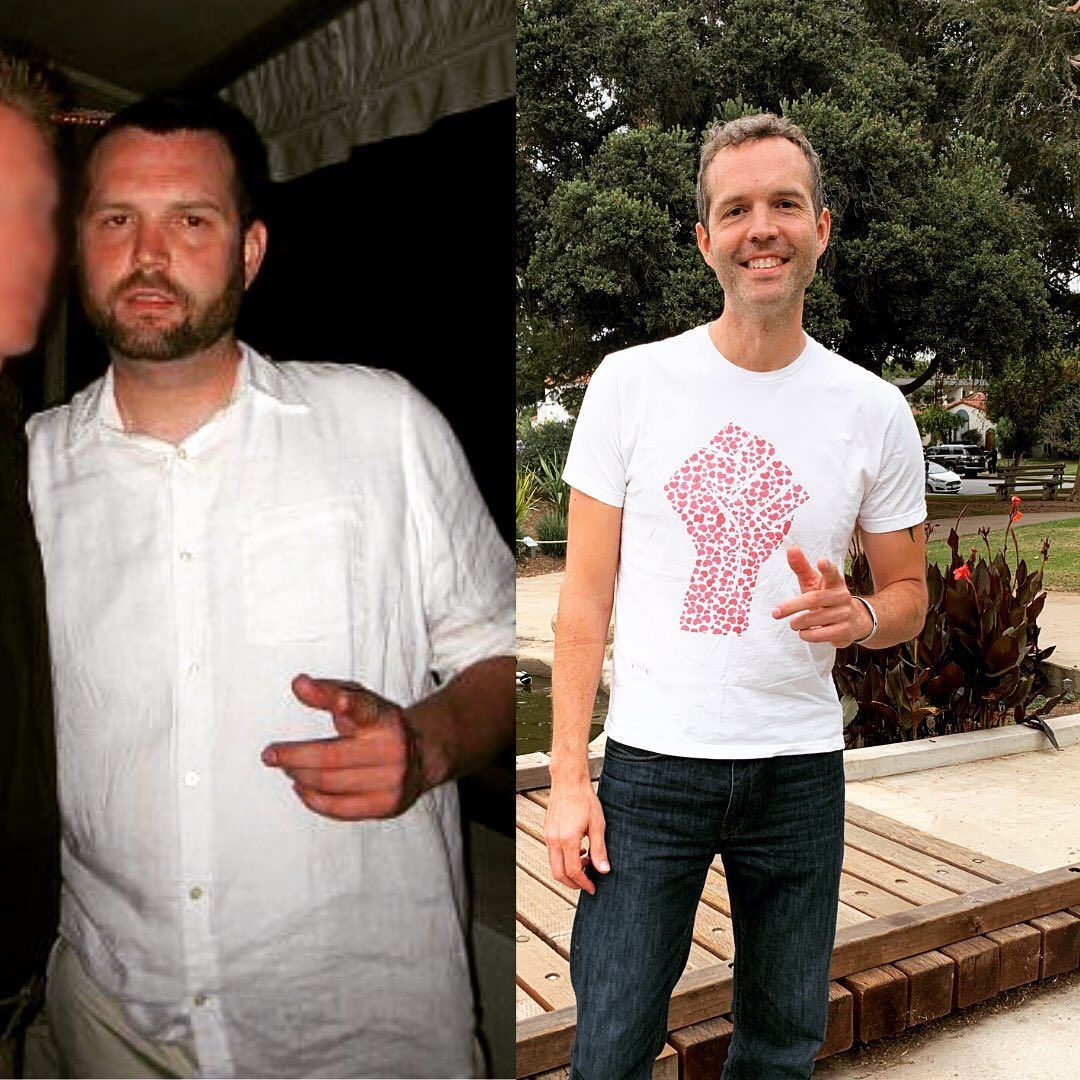Nearly all of us agree that sick people mired in self-abuse should have access to medicines that work: Our struggling but resilient war veterans; victims of sexual abuse; and those on lockdown by the unforgiving grip of addiction.
But what about you, the reader of this post? What about those that are healthy, strong, and fit already? What about the adventurous of us that want more of out of life? Most psychedelic medicines are Schedule 1 drugs, which means highly addictive with no recognized therapeutic value. Our thinking around our drug laws and these misunderstood psychedelic medicines challenged as MAPS’ Psychedelic-Assisted therapy pushes forward in Phase 3 clinical trials with our Federal Government with what looks to be a cure for PTSD and a potential disruption to Big Pharma’s “pill-a-day” model. The FDA, unable to deny the ultra compelling scientific research data, has given “Breakthrough” status to both MDMA-Assisted therapy and Psilocybin-Assisted therapy. Exciting times!
With that said, we still live in a time of prohibition—Even so, many influential people are speaking up more and more about their healing and overcoming—giving subtle permission to rethink—signals that pierce through the noise, hitting us right in the heart. A subtle invitation that whispers: “What might life be like if I confronted [that thing] without coming undone?”; “Is this the next frontier worth exploring?”; ”Do psychedelics offer the same accelerated growth potential for “healthy normals” as they do for those mired in despair and dis-ease?”
I believe that surprisingly high percentages of those that are moving our culture are indeed doing so using psychedelics as tools for healing and for elevating creativity. I suspect this goes way beyond Tim Ferriss, Joe Rogan, and Aubrey Marcus—three luminaries that broadcast to our world share openly on their respective podcasts the story of what might be possible when responsibly engaging these misunderstood medicines.
Back in 2014, I had a profound healing experience with ayahuasca. In one weekend retreat, 90% of my addictive tendencies shed after having the safe space to look with-in to address my substance abuse driven by the childhood sexual trauma at root; that weekend I had the hand tied behind my back unharnessed so I could fairly fight my demons with both hands.
I’ve been on a quest since to uncover why something so just is feared by our culture and how this unconventional psychedelic healing/psychedelic-assisted psychotherapy might revolutionize the way our world approaches mental health.
I wrote Worth The Fight: Acting for a Better World, A Guide to Spirituality, Psychedelic Medicines and Overcoming Trauma, a love book that outlines how to engage these medicines without coming undone safely. It’s an integration program that guides the reader through the transformational process, identifying the predictable pitfalls and challenges with earnest hopes to carefully guide the seeker on their healing journey and to a life with more Flow, color, and meaning.
If you are hurting, in pain struggling, hang in there. Keep going! If you are looking to level up your game massively—you might consider doing your research around these unconventional, creative tools for personal growth.
Times are changing. Fast!
